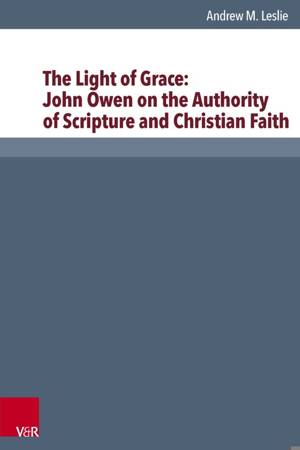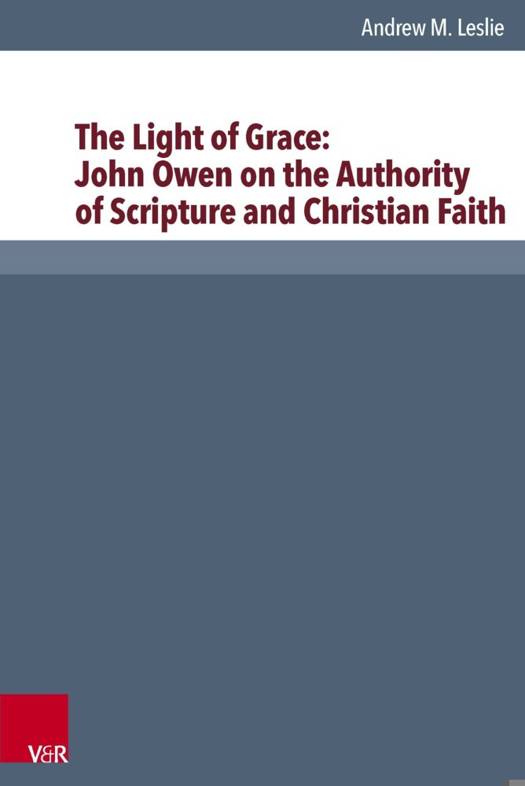
- Afhalen na 1 uur in een winkel met voorraad
- Gratis thuislevering in België vanaf € 30
- Ruim aanbod met 7 miljoen producten
- Afhalen na 1 uur in een winkel met voorraad
- Gratis thuislevering in België vanaf € 30
- Ruim aanbod met 7 miljoen producten
Zoeken
€ 215,45
+ 430 punten
Omschrijving
Over the past several centuries, John Owen's writings on scripture have captured the attention of numerous interpreters across a relatively diverse range of disciplines. His own distinctive contribution to this doctrine was forged with a genuine fear for the on-going pre-eminence of scriptural authority in the English church firmly in view. In the face of various rival perspectives, Owen insists every Christian believer ought to be clear on the reason they believe scripture to be the word of God. Focusing on the treatise Reason of Faith (1677) in conversation with his wider theological corpus, Andrew M. Leslie studies Owen's approach to scriptural authority and Christian faith. He argues that Owen creatively drew upon an ecumenical dogmatic and metaphysical heritage to restate and refine the traditional Reformed position on scripture's divine authority, sensitive to developments in his own late seventeenth-century context. In particular, Leslie explores how Owen shares a growing concern to ground Christian faith in objective evidence, all-the-while ensuring that its ultimate foundation lies in the irresistible authority and truthfulness of God, mediated "in and by" the inspired text of scripture. Leslie also draws out the broader significance Owen ascribes to scripture in shaping a believer's relationship with the Triune God, especially its vital role in their gradual transformation into the likeness or image of Christ.
Specificaties
Betrokkenen
- Auteur(s):
- Uitgeverij:
Inhoud
- Aantal bladzijden:
- 300
- Taal:
- Engels
- Reeks:
- Reeksnummer:
- nr. 34
Eigenschappen
- Productcode (EAN):
- 9783525550908
- Verschijningsdatum:
- 19/08/2015
- Uitvoering:
- Hardcover
- Formaat:
- Genaaid
- Afmetingen:
- 163 mm x 236 mm
- Gewicht:
- 635 g

Alleen bij Standaard Boekhandel
+ 430 punten op je klantenkaart van Standaard Boekhandel
Beoordelingen
We publiceren alleen reviews die voldoen aan de voorwaarden voor reviews. Bekijk onze voorwaarden voor reviews.











